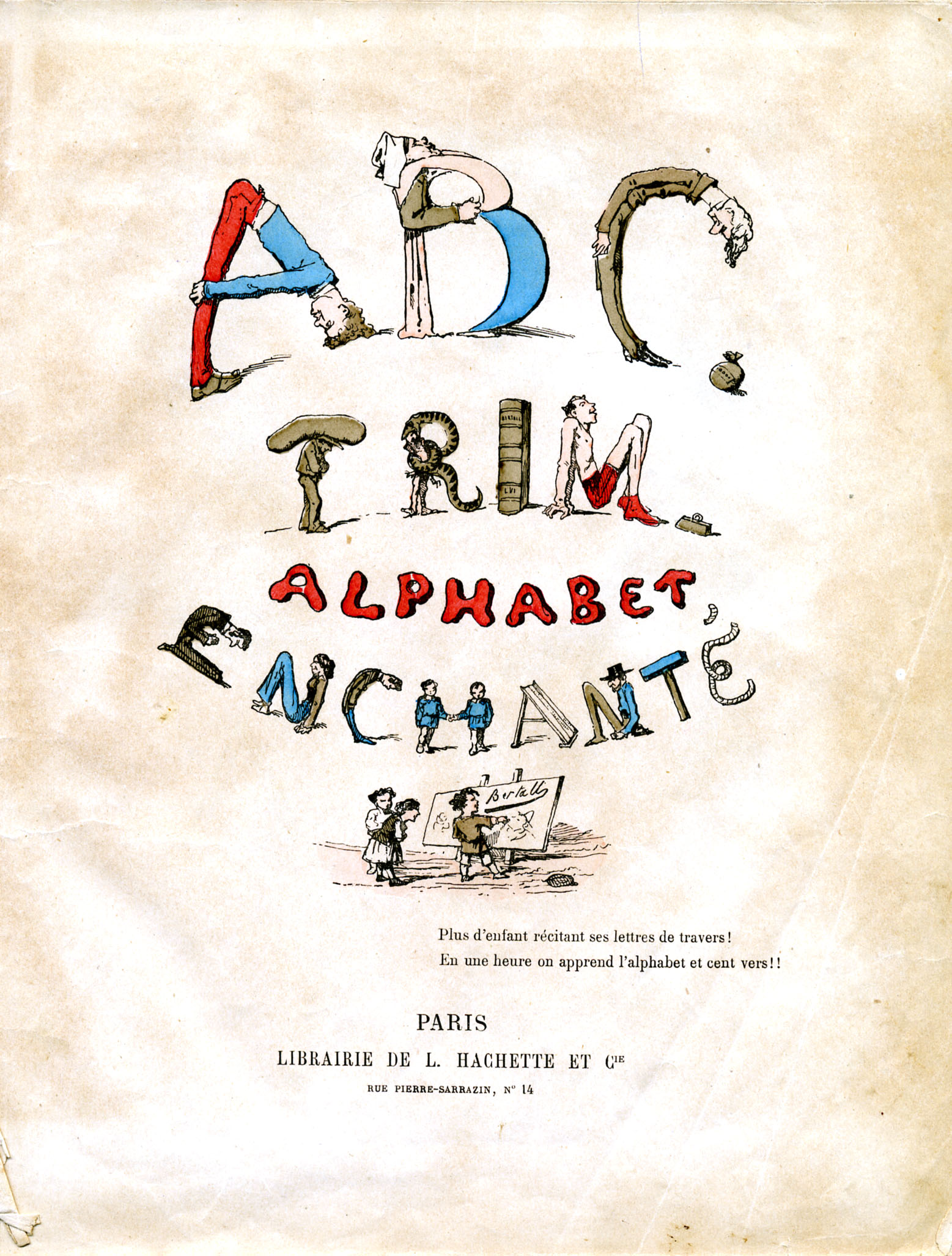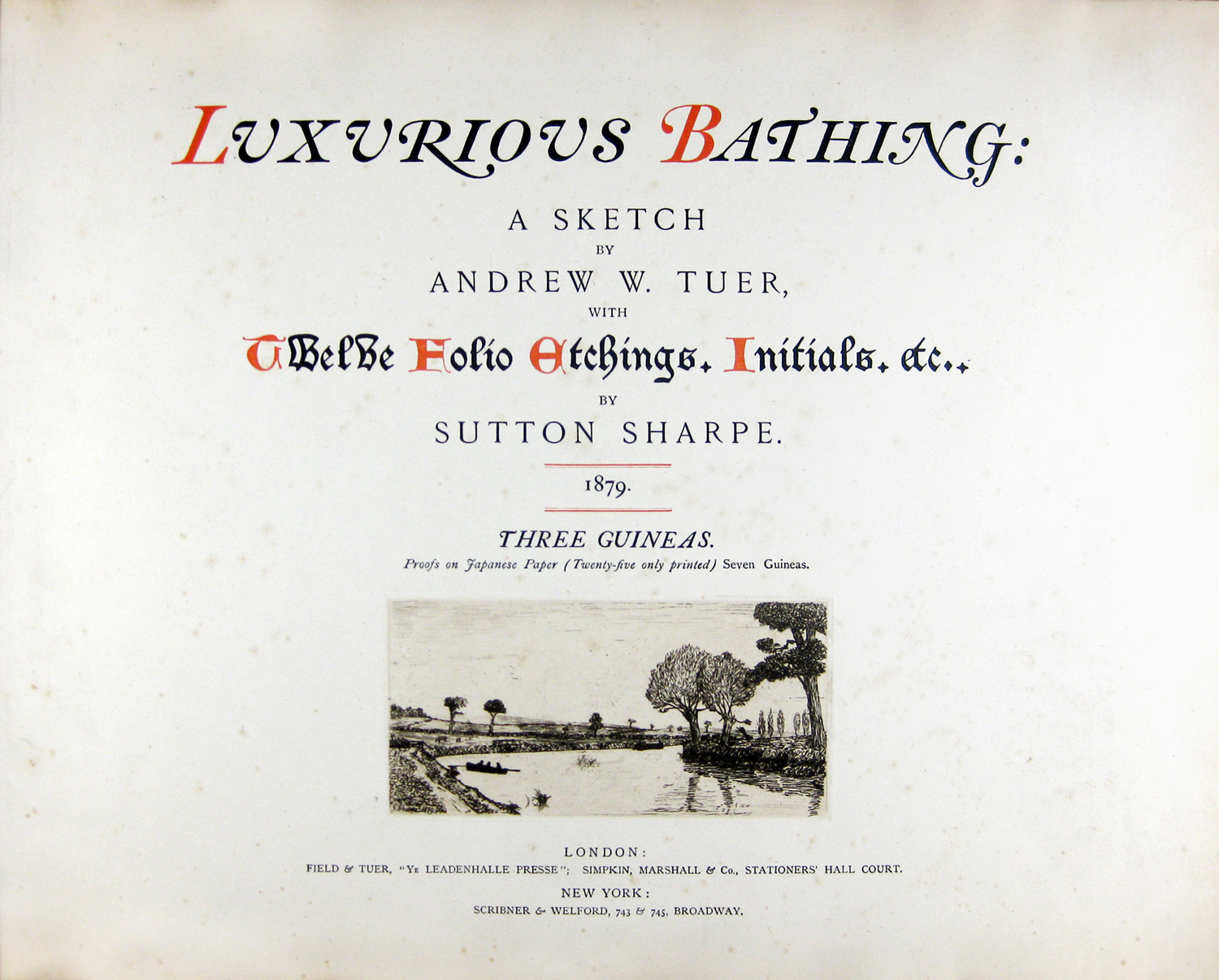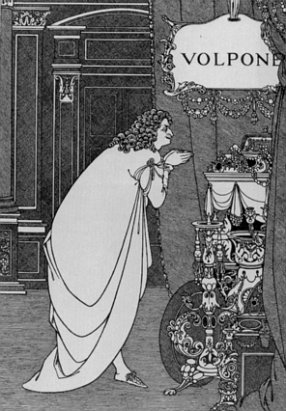|
Hornbooks
A hornbook (horn-book) is a single-sided alphabet tablet, which served from medieval times as a primer for study, and sometimes included vowel combinations, numerals or short verse. The hornbook was in common use in England around 1450, but may originate from more than a century earlier.Plimpton, George A"The Hornbook and Its Use in America". ''Proceedings of the American Antiquarian Society'' 26 (1916): 264-72./ref> The term (hornbook) has been applied to different study materials in different fields but owes its origin to children's education, represented by a sheet of vellum or paper displaying the alphabet, religious verse, etc., protected with a translucent covering of horn (or mica) and attached to a frame provided with a handle. History Horn books, battledore books and crisscross books were all tablets designed primarily to teach the alphabet to children laid out as an abecedarium, the elementary method of teaching used from Antiquity to the Middle Ages where letters ... [...More Info...] [...Related Items...] OR: [Wikipedia] [Google] [Baidu] |
Hornbook (law)
In United States legal education, hornbooks are one-volume legal treatises, written primarily for law students on subjects typically covered by law school courses. Hornbooks summarize and explain the law in a specific area. They are distinct from casebooks, which are collections of cases (or parts of cases) chosen to help illustrate and stimulate discussion about legal issues. The term derives from the hornbook, an early children's educational tool, implying that the material is basic. A hornbook law is a basic, settled legal principle (see black letter law). See also * ''Black's Law Dictionary'' * ''Bouvier's Law Dictionary'' * Law dictionary * Legal terminology textbook * List of legal abbreviations * Wex Wex is a collaboratively-edited legal dictionary and encyclopaedia, intended for broad use by "practically everyone, even law students and lawyers entering new areas of law". It is sponsored and hosted by the Legal Information Institute ("LII ... References {{reflist ... [...More Info...] [...Related Items...] OR: [Wikipedia] [Google] [Baidu] |
Alphabet Books
An alphabet book is a type of children's book giving basic instruction in an alphabet. Intended for young children, alphabet books commonly use pictures, simple language and alliteration to aid language learning. Alphabet books are published in several languages, and some distinguish the capitals and lower case letters in a given alphabet. Some alphabet books are intended for older audiences, using the simplicity of the genre as a device to convey humor or other concepts. Purposes Alphabet books introduce the sounds and letters of an ordered alphabet. As elementary educational tools, Alphabet books provide opportunities for: #Developing conversations and proficiency in oral language #Increasing phonemic awareness #Teaching phonics #Making text connections (Activating prior knowledge) #Predicting (Text talk) #Building vocabulary #Inferencing / drawing conclusions #Sequencing #Identifying elements of story structure #Recognizing point of view #Visualizing setting (Time, p ... [...More Info...] [...Related Items...] OR: [Wikipedia] [Google] [Baidu] |
Andrew White Tuer
Andrew White Tuer (1838–1900) was a British publisher, writer and printer. Life He was born in Sunderland in 1838. Orphaned at an early age, he was raised by his great-uncle, Andrew White, after whom he was named. After his education, he went to London with the plan of becoming a doctor, but that did not suit him, and after working in a merchant's office, he set himself up as a wholesale stationer. In 1862, he joined with Abraham Field, an established producer of ledgers, in the partnership of Field & Tuer. Tuer, the entrepreneur of the pair, invented the highly successful Stickphast Paste, a clean, vegetable-based alternative to the gums and glues then in use. He later introduced the popular Author's Paper Pad, perhaps the first writing block with detachable sheets. In 1867, Tuer married Thomasine Louisa Louttit, who became well known as an amateur opera singer. The following year, Field & Tuer moved to 50 Leadenhall Street, and the expansion allowed Tuer to pursue his pu ... [...More Info...] [...Related Items...] OR: [Wikipedia] [Google] [Baidu] |
Elizabethan England
The Elizabethan era is the epoch in the Tudor period of the history of England during the reign of Queen Elizabeth I (1558–1603). Historians often depict it as the golden age in English history. The symbol of Britannia (a female personification of Great Britain) was first used in 1572, and often thereafter, to mark the Elizabethan age as a renaissance that inspired national pride through classical ideals, international expansion, and naval triumph over Spain. This "golden age" represented the apogee of the English Renaissance and saw the flowering of poetry, music and literature. The era is most famous for its theatre, as William Shakespeare and many others composed plays that broke free of England's past style of theatre. It was an age of exploration and expansion abroad, while back at home, the Protestant Reformation became more acceptable to the people, most certainly after the Spanish Armada was repelled. It was also the end of the period when England was a separate rea ... [...More Info...] [...Related Items...] OR: [Wikipedia] [Google] [Baidu] |
Legal Treatise
A legal treatise is a scholarly legal publication containing all the law relating to a particular area, such as criminal law or trusts and estates. There is no fixed usage on what books qualify as a "legal treatise", with the term being used broadly to define books written for practicing attorneys and judges, textbooks for law students, and explanatory texts for laypersons. The treatise may generally be loose leaf bound with rings or posts so that updates to laws covered by the treatise and annotated by the editor may be added by the subscriber to the legal treatise. Legal treatises are secondary authority, and can serve as a useful starting point for legal research, particularly when the researcher lacks familiarity with a particular area of law. Lawyers commonly use legal treatises in order to review the law and update their knowledge of pertinent primary authority namely, case law, statutes, and administrative regulations. In law schools, treatises are sometimes used a ... [...More Info...] [...Related Items...] OR: [Wikipedia] [Google] [Baidu] |
Robert Burns
Robert Burns (25 January 175921 July 1796), also known familiarly as Rabbie Burns, was a Scottish poet and lyricist. He is widely regarded as the national poet of Scotland and is celebrated worldwide. He is the best known of the poets who have written in the Scots language, although much of his writing is in a "light Scots dialect" of English, accessible to an audience beyond Scotland. He also wrote in standard English, and in these writings his political or civil commentary is often at its bluntest. He is regarded as a pioneer of the Romantic movement, and after his death he became a great source of inspiration to the founders of both liberalism and socialism, and a cultural icon in Scotland and among the Scottish diaspora around the world. Celebration of his life and work became almost a national charismatic cult during the 19th and 20th centuries, and his influence has long been strong on Scottish literature. In 2009 he was chosen as the greatest Scot by the Scottish pub ... [...More Info...] [...Related Items...] OR: [Wikipedia] [Google] [Baidu] |
Volpone
''Volpone'' (, Italian for "sly fox") is a comedy play by English playwright Ben Jonson first produced in 1605–1606, drawing on elements of city comedy and beast fable. A merciless satire of greed and lust, it remains Jonson's most-performed play, and it is ranked among the finest Jacobean era comedies. Characters * Volpone (the Sly Fox) – a greedy and rich childless Venetian ''magnifico'' * Mosca (the Fly) – his servant * Voltore (the Vulture) – a lawyer * Corbaccio (the Raven) – an avaricious old miser * Bonario – Corbaccio's son * Corvino (the Carrion Crow) – a merchant * Celia – Corvino's wife * Sir Politic Would-Be – ridiculous Englishman * Lady Would-Be (the parrot) – English lady and wife of Sir Politic-Would-Be * Peregrine ("Pilgrim") – another, more sophisticated, English traveller * Nano – a dwarf, companion of Volpone * Androgyno – a hermaphrodite, companion of Volpone * Castrone – a eunuch, companion of Volpone * The Avocatori – the ... [...More Info...] [...Related Items...] OR: [Wikipedia] [Google] [Baidu] |
Ben Jonson
Benjamin "Ben" Jonson (c. 11 June 1572 – c. 16 August 1637) was an English playwright and poet. Jonson's artistry exerted a lasting influence upon English poetry and stage comedy. He popularised the comedy of humours; he is best known for the satirical plays ''Every Man in His Humour'' (1598), '' Volpone, or The Fox'' (c. 1606), '' The Alchemist'' (1610) and '' Bartholomew Fair'' (1614) and for his lyric and epigrammatic poetry. "He is generally regarded as the second most important English dramatist, after William Shakespeare, during the reign of James I." Jonson was a classically educated, well-read and cultured man of the English Renaissance with an appetite for controversy (personal and political, artistic and intellectual) whose cultural influence was of unparalleled breadth upon the playwrights and the poets of the Jacobean era (1603–1625) and of the Caroline era (1625–1642)."Ben Jonson", ''Grolier Encyclopedia of Knowledge'', volume 10, p. 388. His ancestor ... [...More Info...] [...Related Items...] OR: [Wikipedia] [Google] [Baidu] |
Love's Labour's Lost
''Love's Labour's Lost'' is one of William Shakespeare's early comedies, believed to have been written in the mid-1590s for a performance at the Inns of Court before Elizabeth I of England, Queen Elizabeth I. It follows the King of Navarre and his three companions as they attempt to swear off the company of women for three years in order to focus on study and fasting. Their subsequent infatuation with the Princess of France and her ladies makes them forsworn (break their oath). In an untraditional ending for a comedy, the play closes with the death of the Princess's father, and all weddings are delayed for a year. The play draws on themes of masculine love and desire, reckoning and rationalisation, and reality versus fantasy. Though first published in quarto in 1598, the play's title page suggests a revision of an earlier version of the play. There are no obvious sources for the play's plot. The use of apostrophes in the play's title varies in early editions, though it is most ... [...More Info...] [...Related Items...] OR: [Wikipedia] [Google] [Baidu] |
William Shakespeare
William Shakespeare ( 26 April 1564 – 23 April 1616) was an English playwright, poet and actor. He is widely regarded as the greatest writer in the English language and the world's pre-eminent dramatist. He is often called England's national poet and the " Bard of Avon" (or simply "the Bard"). His extant works, including collaborations, consist of some 39 plays, 154 sonnets, three long narrative poems, and a few other verses, some of uncertain authorship. His plays have been translated into every major living language and are performed more often than those of any other playwright. He remains arguably the most influential writer in the English language, and his works continue to be studied and reinterpreted. Shakespeare was born and raised in Stratford-upon-Avon, Warwickshire. At the age of 18, he married Anne Hathaway, with whom he had three children: Susanna, and twins Hamnet and Judith. Sometime between 1585 and 1592, he began a successful career in London as an ... [...More Info...] [...Related Items...] OR: [Wikipedia] [Google] [Baidu] |
Pejorative
A pejorative or slur is a word or grammatical form expressing a negative or a disrespectful connotation, a low opinion, or a lack of respect toward someone or something. It is also used to express criticism, hostility, or disregard. Sometimes, a term is regarded as pejorative in some social or ethnic groups but not in others, or may be originally pejorative but later adopt a non-pejorative sense (or vice versa) in some or all contexts. Etymology The word ''pejorative'' is derived from a Late Latin past participle stem of ''peiorare'', meaning "to make worse", from ''peior'' "worse". Pejoration and melioration In historical linguistics, the process of an inoffensive word becoming pejorative is a form of semantic drift known as pejoration. An example of pejoration is the shift in meaning of the word ''silly'' from meaning that a person was happy and fortunate to meaning that they are foolish and unsophisticated. The process of pejoration can repeat itself around a single concept, ... [...More Info...] [...Related Items...] OR: [Wikipedia] [Google] [Baidu] |







